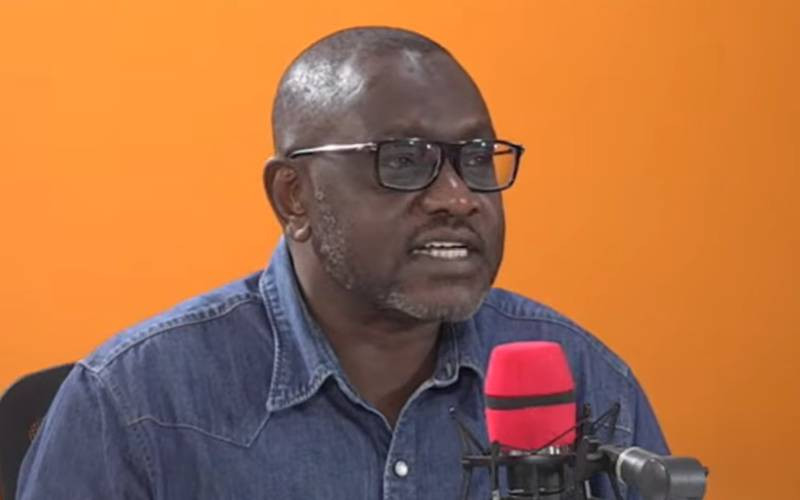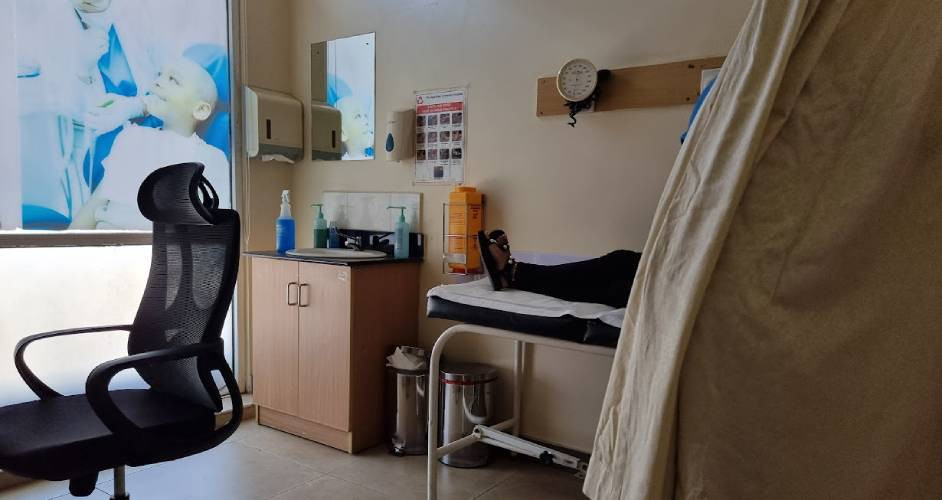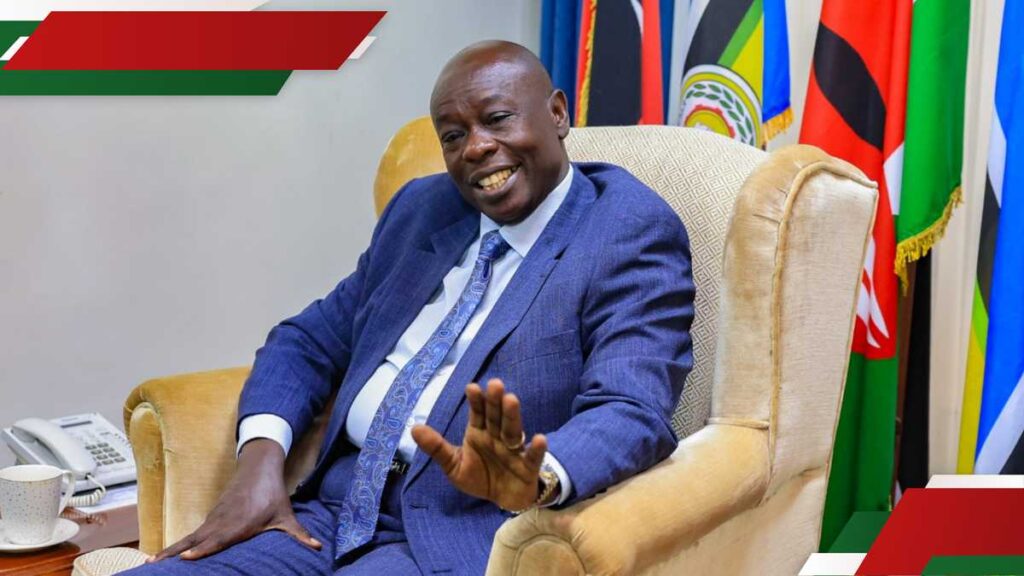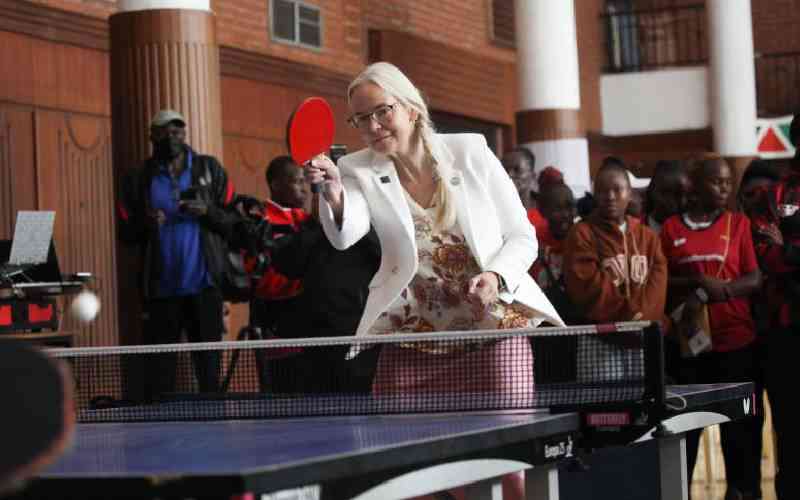This culture in turn can lead to men bottling up emotions, throwing them deep into Davy John’s locker, isolating themselves and carrying heavy burdens in silence.
The reality is that mental health challenges impact men significantly. Research shows that men are less likely to seek help for mental health issues, which often results in compounded struggles and quiet suffering.
As a popular saying goes, “Be kind, for everyone you meet is fighting a hard battle.” These words resonate with an unsettling truth for many men, as their battles often remain hidden, masked by the expectation to maintain strength.
An introspective look at a man grappling with his mental well-being
He sits alone in the silence he fears, overthinking every word and action, trying to make sense of the gap between his inner self and the world around him.
Despite his charm and sociable nature, he is haunted by a sense of isolation often asking himself where he went wrong and why genuine connections feel elusive.
This solitary struggle captures the reality of men who, though seemingly surrounded by others, feel alone.
Understanding men’s mental health
Men’s mental health needs are shaped by unique social pressures and to understand the struggles men face, we must consider these complexities.
Traditionally, society has cast men as pillars of strength, resilience and endurance. This narrative, while empowering, leaves little room for the acknowledgment of vulnerability or the acceptance of emotional expression.
Mental health, however, doesn’t discriminate. Anxiety, depression, stress, and loneliness are battles that men face just as often as women.
Men are conditioned to solve problems independently yet mental health challenges require community, support and understanding.
This is why creating spaces where men can discuss these issues openly and without judgment is essential. Platforms that encourage men to connect, seek help and embrace their feelings could mark a shift in the right direction.
Breaking down barriers to seek help
Seeking help is not a sign of weakness but a step toward strength and resilience. Therapy, community support groups and mental health resources are available and the stigma around using them is slowly fading.
Personally I never believed in therapy but I have seen it do wonders for people. Men who are open about their struggles set a powerful example for others, showing that courage is not only found in silence but also in vulnerability.
The media plays a crucial role in reshaping the narrative. Instead of portraying men as emotionless beings, stories that reveal the depth, challenges and emotional complexity of men help break down barriers.
Public figures and everyday role models who are vocal about their mental health experiences are helping to normalize this conversation.
A call for empathy and change
Men deserve the compassion and understanding that society often reserves for physical strength but fails to extend to emotional resilience.
Building a supportive culture where men can openly discuss mental health requires empathy, education and acceptance. Every person who takes the time to listen and to understand without judgment, becomes part of the solution.
For men, the journey to mental wellness isn’t about fitting into societal molds; it’s about finding spaces to be authentic, to unburden and to connect.
True strength lies in facing mental health challenges openly and knowing that support is within reach. Men need not face these battles alone. After all, “Kindness and understanding are the greatest strengths we can offer each other in our quiet battles.”
The views and opinions expressed in this article are those of the author and do not necessarily reflect the position of Pulse as its publisher.
Editor’s Note: Recognising the societal pressures men face, Pulse Kenya has partnered with Money Clinic for the second edition of the Average Joes forum happening on November 23, 2024. The organisers are committed to creating a supportive, media-free environment where attendees can openly share and learn from one another.

























